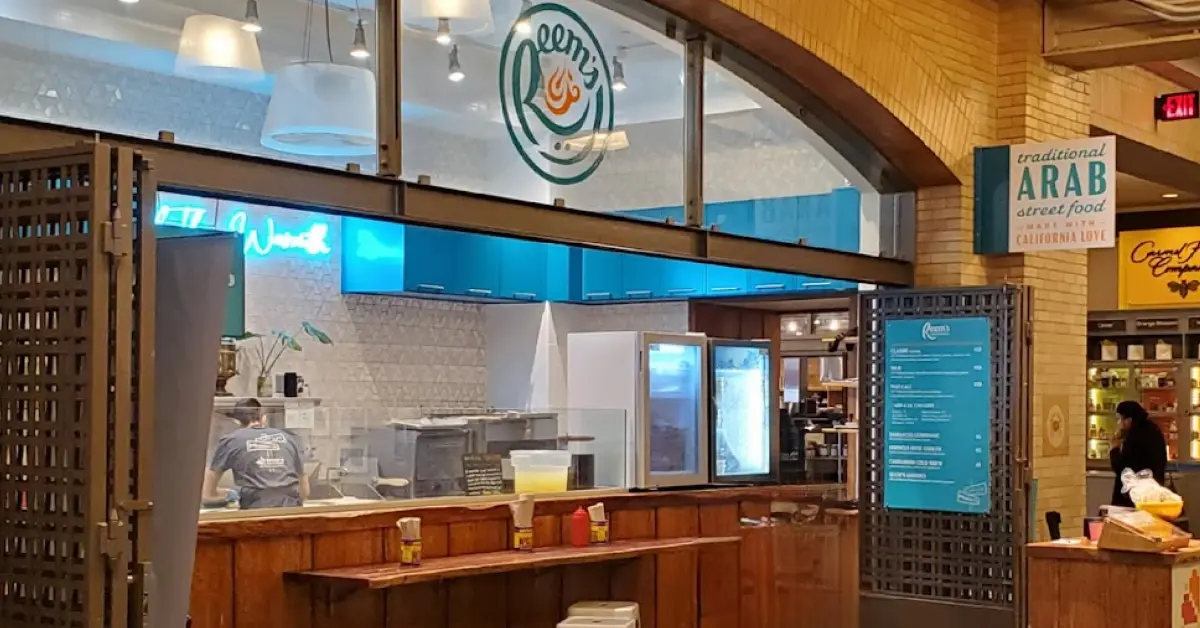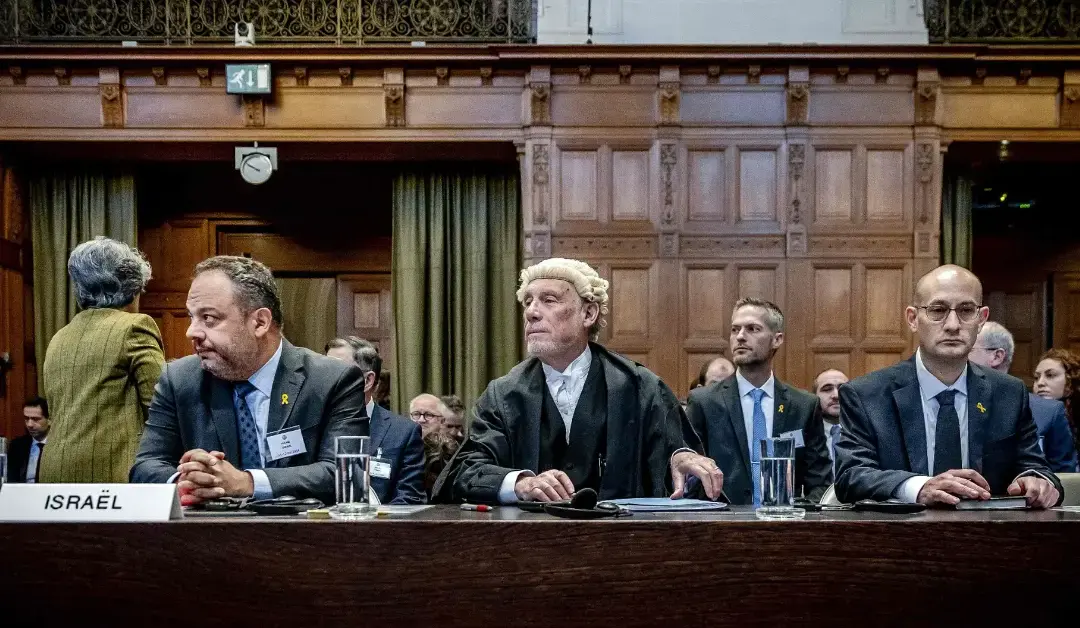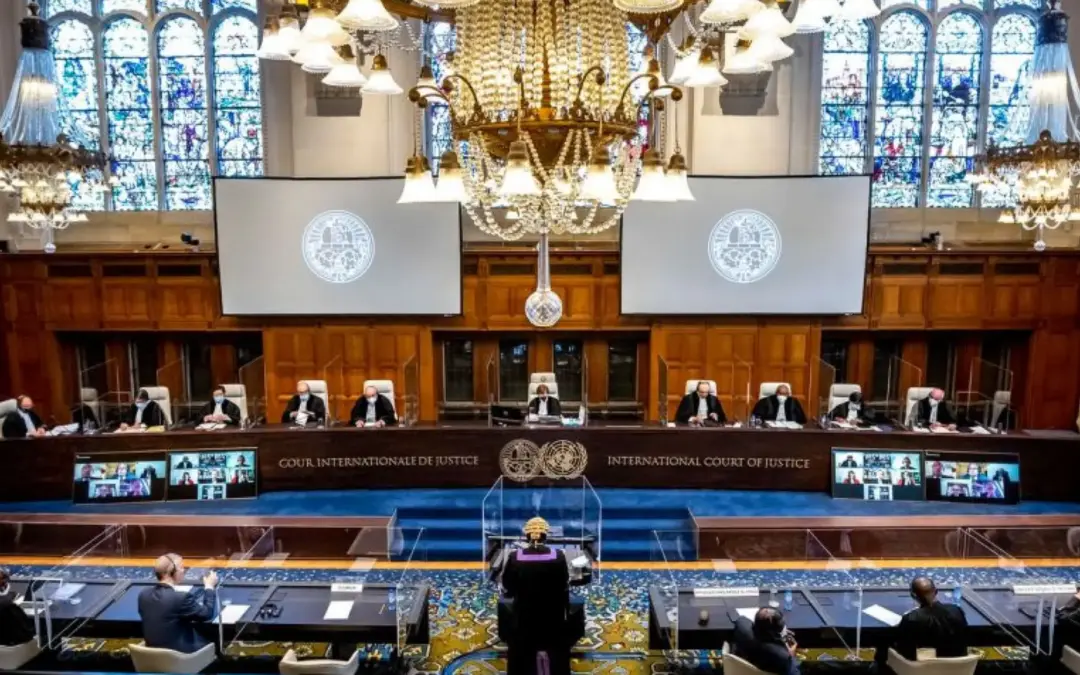In a city known for its progressive ideals and social activism, a local dining establishment has ignited a heated debate by implementing a policy that has taken a bold stance against serving uniformed police officers. Reem’s Bakery and Restaurant, a well-known eatery in San Francisco, has declared a “No Cops Allowed” policy, sparking discussions around policing, community relations, and the role of businesses in shaping social discourse.
Reem’s Bakery and Restaurant: A Culinary Haven with a Message
Nestled in the heart of San Francisco, Reem’s Bakery and Restaurant has long been celebrated for its delectable Middle Eastern cuisine and cozy ambiance. Drawing inspiration from her Palestinian-Syrian heritage, founder Reem Assil established the restaurant not only as a place to savor delicious dishes but also as a platform to raise awareness about social issues affecting marginalized communities.
Recently, Reem’s made waves when it put up a sign that read “NO COPS ALLOWED” at its entrance, accompanied by a statement confirming that the establishment would not serve anyone armed and in uniform, regardless of their role. This move, as expected, swiftly garnered attention both from local residents and a broader audience.
The Policy and its Rationale
The decision to decline service to uniformed police officers stems from the restaurant’s commitment to creating a safe space for its patrons, particularly those from communities that have historically faced discrimination and violence at the hands of law enforcement. The management at Reem’s believes that the presence of armed and uniformed officers could potentially make some customers uncomfortable and disrupt the atmosphere they seek to cultivate.
Reem Assil, the visionary behind the restaurant, emphasized that this policy is not meant to vilify individual police officers but rather to address systemic issues within law enforcement. She points to instances of police violence and misconduct that have sparked outrage across the country, which have led to an atmosphere of mistrust between certain communities and the police. The policy, according to Assil, is a way to extend a gesture of solidarity with these communities.
A Divisive Debate
The “No Cops Allowed” policy has generated polarized responses. Supporters laud Reem’s Bakery and Restaurant for taking a principled stance against perceived injustices perpetuated by some elements within law enforcement. They view the policy as an extension of the broader movement for police reform and accountability.
However, critics argue that the policy unfairly paints all police officers with a broad brush, disregarding the fact that many officers work diligently to protect and serve their communities. Some fear that the policy might further deepen divides and hinder positive interactions between law enforcement and the public. Additionally, opponents question whether refusing service is the most effective way to address the underlying issues.
Broader Implications and Conversations
The controversy surrounding Reem’s policy has sparked conversations about the role of businesses in promoting social change and the intersection of activism and commerce. It has prompted residents to engage in discussions about policing, community relations, and the best strategies for driving meaningful reform.
As the debate continues, it remains to be seen how Reem’s Bakery and Restaurant’s decision will impact its business and its position within the community. Regardless of where one stands on the issue, there is no denying that this small eatery’s actions have reverberated beyond its walls, highlighting the ongoing struggle to balance individual rights, social responsibility, and the need for systemic change.











